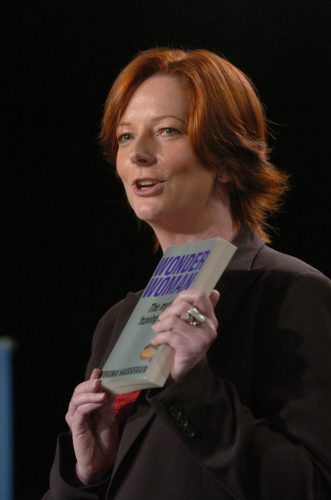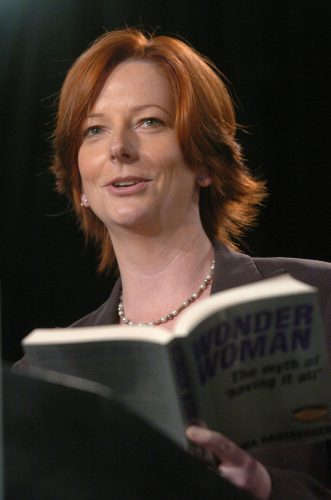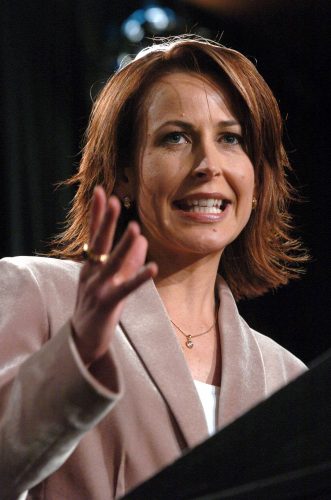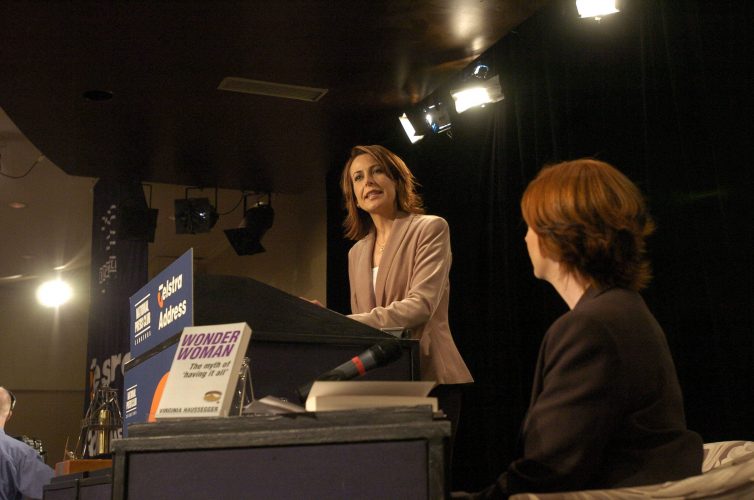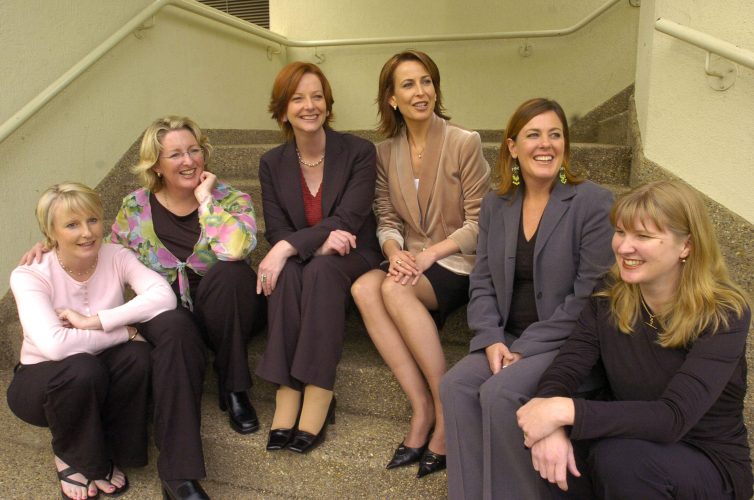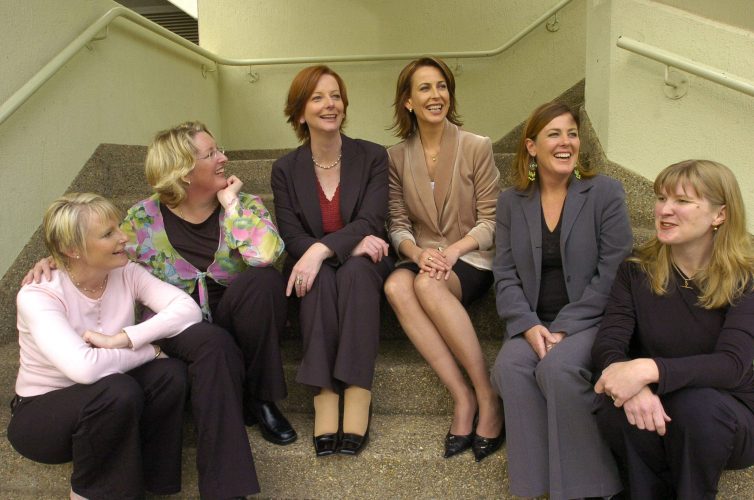Throughout yesterday’s tear-soaked funeral for Audrey Fagan, an unspoken question weighed heavily over the congregation at St Christopher’s cathedral: Why?
Why did Audrey Fagan choose death over life? For a woman of considerable achievement and widely-acknowledged success, she had always seemed the perfect embodiment of professional calm. What could have gone so terribly wrong?
Were there clues? Signs? Was there any indication that this highly regarded and competent woman, who two years ago became the ACT’s first female police chief, was falling into a very, very dark place?
On the morning before Fagan died, AFP Commissioner Mick Keelty had met Police Minister Simon Corbell to explain why he had encouraged her to take some leave.
To say that Corbell was understanding would be an understatement. As a politician who has ”outed” himself as someone who battles the black dog of depression, and who once had to take three months’ leave to ”get well”, he had a heart and a head full of compassion for Fagan’s situation and her struggle. Which is all the more reason why the phone call from Keelty later that night, advising him of her death, shocked him deeply.
Why Audrey Fagan took her own life we will never fully know. But that doesn’t stop a haunting hindsight from searching for clues.
By all accounts, Fagan was a classic career police officer with big dreams. She entered the police force in her late teens with a commitment to service, and it would seem she held an unshakable aspiration to succeed. And she did.
For many women, Fagan became a great inspirational role model. In an industry still battling to shake off its male bastion roots, Fagan stood out, not for being one of ”the boys”, but rather, and thankfully, for being herself.
And this is where I think it gets tricky.
As a 44-year-old woman, Audrey Fagan just squeezes into Generation X, albeit at the edge. It’s a generation in which girls were brought up with strong messages about the gift of opportunity that lay ahead of them. We were heartily encouraged to ‘be’ something. As the doors of higher education and industry were opening up to women, the notion of having a career became central to a woman’s worth. A career not only gave a woman legitimacy, but most importantly, it gave her ”identity”.
We know Fagan was a wife and a mother. But first and foremost she was a police officer. That is how she presented herself to the public world. And over years that identity strengthened, as she took on senior roles and her skills and numerous achievements were recognised and rewarded.
By the time she was named the ACT’s first female Chief Police Officer in 2005, it’s a fair guess that her sense of self was inextricably tied to her work, and her career success. What private life she had was kept as that – private.
While identifying ourselves by the job we do is both common and quite natural, it can also be quite dangerous, if our attachment to that identity is rigid. When who we are becomes consumed by what we do for a living, the highs and lows of the job take on a very personal dimension.
Simon Corbell has experienced that first hand. He admits his personal identity was always embedded in his role as a politician. So when his political position was under heavy attack a few years ago, while he was also grappling with a personal crisis, Corbell’s sense of self and identity went into a tail-spin. But, perhaps unlike Audrey Fagan, Simon Corbell allowed his pain to show. He let it be seen that he wasn’t coping, and those around him were able to pick up the cues. When the Minister then announced he was suffering depression and needed to take some extended leave, his work colleagues responded with overwhelming support and encouragement.
Sadly, tragically, it would seem Audrey Fagan gave out no perceptible clues as to how desperate she was feeling.
We now know, after the event, that Audrey was feeling a heavy burden of stress over her job and that she was receiving professional counselling. Mick Keelty has said that media criticism directed at ACT Policing had caused Fagan particular stress. Such criticism, while never personal, was valid and justified and not unlike the sort of media criticism frequently levelled at police forces in larger states. Nevertheless, it would appear, again from Keelty’s comments, that Fagan took the criticism personally. And it also now appears she wore the wound of her pain privately. Very privately. Not even Keelty, with his finely tuned emotional radar – powered by a large fill of empathy and compassion – saw it coming. No one did.
So what happened to Audrey that night at Hayman Island? Was she incapable of separating Audrey the Chief of Police – with all the attendant stresses and struggles of that role – from Audrey the mother, the wife, the friend?
Her death comes as an enormous shock to those of us that didn’t know her. For those who did, the pain of such a loss must be utterly devastating.
Perhaps one of the most fitting ways we can honour the memory of Audrey Fagan is by taking gentler care of the people with whom we work. Taking time to engage and connect with the person behind the role. We might do well to try to learn a little about what they need.
